 |
| February 25, 2020 |
Dear Reader,
The World Health Organization said the coronavirus outbreak that has swept from China to a number of countries in Asia, the Middle East, and Europe is not yet a pandemic. It still urged nations to prepare for its arrival on the assumption that a declaration may come. To date outside of China, 28 countries have reported 2,074 cases and 23 deaths. China has reported 77,362 cases and 2,618 deaths. In a report published yesterday, national security experts in the U.S. urged the elimination of all greenhouse gas emissions. The report warns of international catastrophe if the global temperatures continue to rise on their current trajectory. And in our last story today, researchers studying auditory processing found that instead of impairing hearing, a background of white noise made it easier for mice to differentiate between similar tones. |
| | Sunya Bhutta, Senior Editor, Audience Engagement
@sunyaaa | |
 |
| |
| |
| |
| |
| |
FROM THE STORE
 | | | |
| |
FROM THE ARCHIVE
 | | | |
| |
LATEST ISSUES
 |
| |
| Questions? Comments?  | |
| Download the Scientific American App |
| |
| |







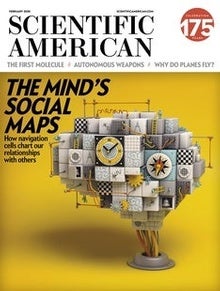


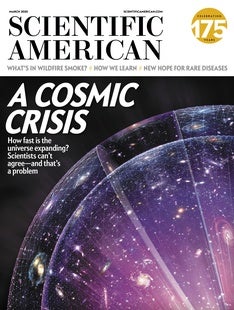

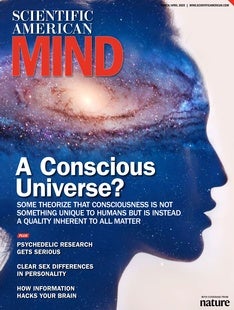
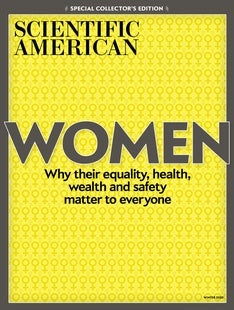
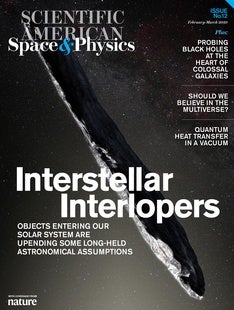



Comments
Post a Comment